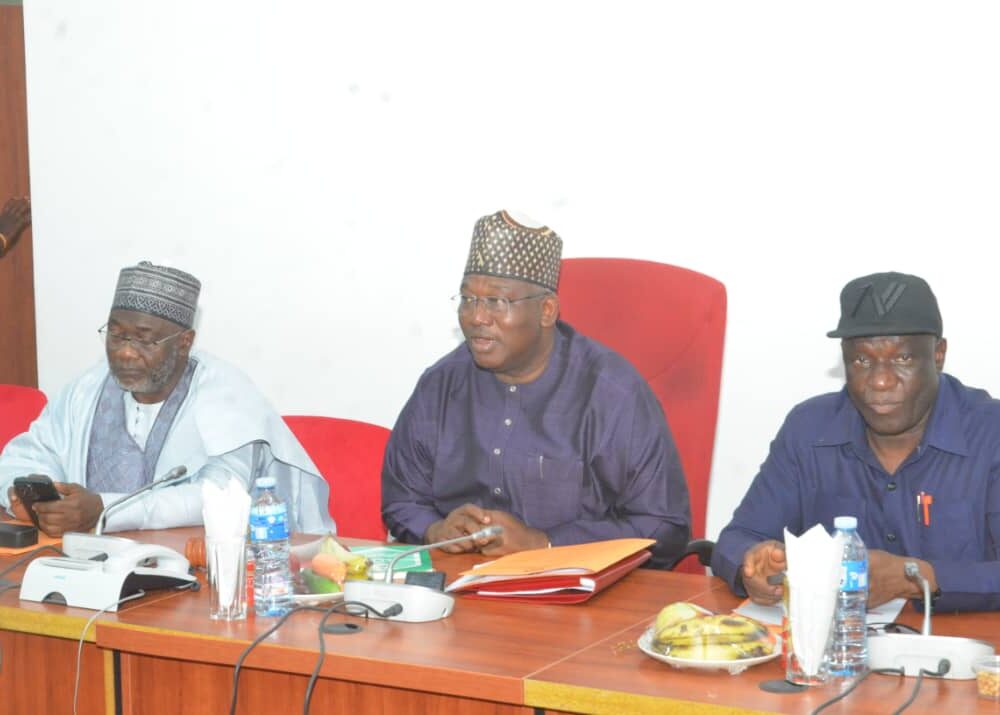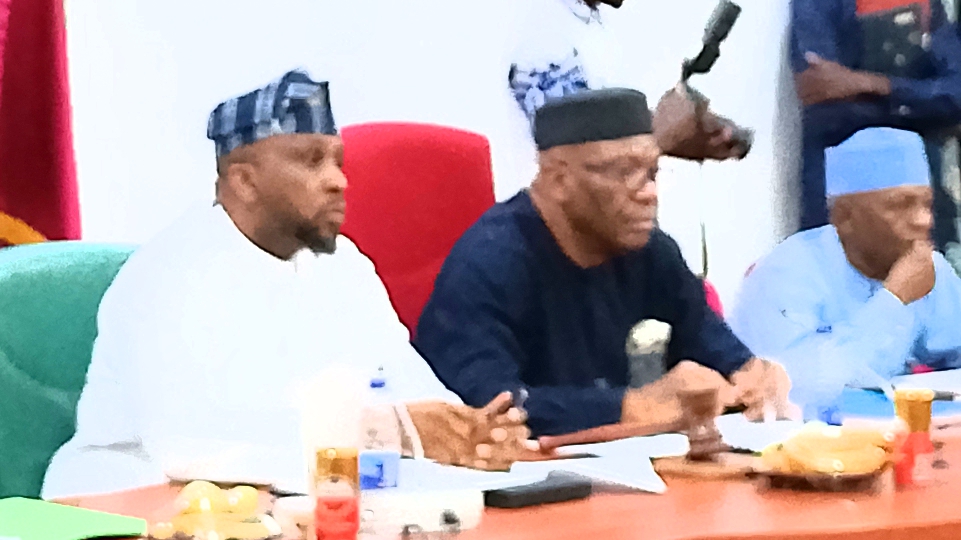The National Assembly has approved Nigeria’s 2025 Appropriation Bill, raising the budget to ₦54.9 trillion, with ₦300 billion earmarked for health sector interventions to tackle tuberculosis (TB), HIV/AIDS, and polio following the United States’ suspension of health aid to Nigeria.
President Bola Ahmed Tinubu had initially presented a ₦49.7 trillion budget on December 18, 2024, under the theme “Budget of Restoration: Securing Peace and Building Prosperity.” However, after extensive deliberations, lawmakers increased the figure by ₦5.2 trillion to accommodate critical national priorities.
The budget breakdown included ₦300 billion for vaccines and essential medicines, ₦14.3 trillion for debt servicing, ₦23.9 trillion for infrastructure development, ₦13.1 trillion for recurrent expenditure, and ₦3.6 trillion for statutory transfers to key government agencies.
To finance the budget increase, the National Assembly identified additional revenue sources, including ₦41.8 trillion from Government-Owned Enterprises (GOEs), ₦1.5 trillion from the Federal Inland Revenue Service (FIRS), and ₦1.2 trillion from the Nigeria Customs Service (NCS).
Other key allocations included ₦1 trillion for the solid minerals sector, ₦1.5 trillion for the recapitalization of the Bank of Agriculture (BOA), ₦500 billion for the Bank of Industry (BOI), ₦1.5 trillion for critical infrastructure, and ₦380 billion for irrigation development. Additionally, ₦700 billion has been allocated for road and rail infrastructure, ₦500 billion for border community development, and ₦370 billion for military barracks and aviation.
Lawmakers expressed concern over the late presentation of the 2025 budget, which caused delays in its passage. The Joint Committee on Appropriations recommended that future budgets be submitted at least three months before the start of the fiscal year to maintain a January–December budget cycle.
With the passage of the ₦54.9 trillion budget, the federal government aimed to stimulate economic growth, improve healthcare, and enhance infrastructure development. The ₦300 billion health sector intervention is expected to mitigate the impact of the U.S. aid suspension, ensuring continued access to essential vaccines and medications for millions of Nigerians.





